Peterborough Examiner – March 19, 2021 – subscription required to read article online
Comments from readers provide insights into why so many of us still remain silent
This week, I’d like to provide a breakdown of the comments people submitted to me via Facebook and email to my question: “Why isn’t there more engagement with climate change?”
I was delighted by the number of responses – at last count, more than 80 – and by their eloquence and perceptiveness. This strongly suggests that “silence” around climate change does NOT signify apathy about this existential crisis. However, only through greater public engagement – contacting politicians, demanding more action, talking about climate change with friends and family, etc. – will governments feel the pressure to act more aggressively.
Some people gave their personal reasons for lack of engagement, while others shared their perceptions of why others may be remaining silent. I recognize that this is an age- and socially-biased sample. Nevertheless, I think it provides an accurate snapshot of common reasons why people don’t prioritize climate action – including not even talking about it. I’d like to thank Scott McKinlay of “For Our Grandchildren” for his help in preparing this analysis.
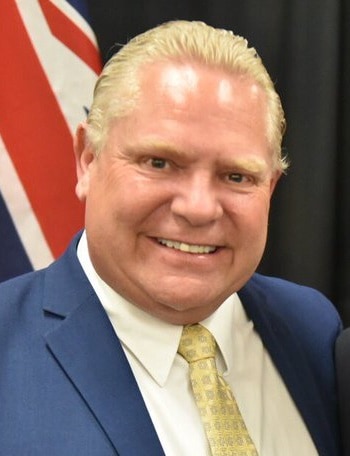

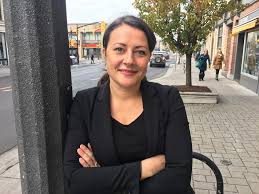
The Big Picture
Here’s what stands out from the comments:
- People feel overwhelmed by the size and complexity of the climate crisis. Suffice it to say that many see themselves as powerless.
- There is a huge amount of frustration by the lack of climate leadership from governments, corporations, and the media.
- When it comes to talking about climate, people see it as a “downer” and therefore avoid the topic, be it in personal conversations or on social media.
- Only a handful of responses could be labelled as denial or downplaying the seriousness of the threat.
- I was struck by the many thoughtful solutions that were proposed. People are definitely thinking about what needs to change. A common theme here was the need to break climate engagement down into small, do-able actions.
I have organized the comments under Per Espen Stoknes’s five barriers to climate action. Known as the Five D’s, they are Distance, Doom, Dissonance, Denial (including downplaying the threat), and iDentity.
Doom
Climate change news in the media is usually framed as an impending disaster. It’s therefore not surprising that many people cited reasons like wanting to avoid such a negative topic; experiencing paralyzing fear of what’s happening to the planet; and, especially, feeling overwhelmed, powerless, and discouraged. Related to this were comments on how the challenges of day-to-day life leave no time or energy for action. There was also a huge amount of frustration over the lack of climate leadership from politicians, corporations, and the media.
Quotes:
- “I feel it’s such a huge problem. How can I, one person, fix it?”
- “It’s such a big topic – frightening, and it seems insurmountable.”
- “For me, the ‘silence’ around climate change is often grief and heartbreak.
- “The lack of engagement may have to do with perceived lack of agency. It is such an enormous and overwhelming problem.”
- “Most of the population is living paycheck-to-paycheck and don’t have the spare time to put towards causes.”
- “I don’t think people are being presented with clear information about the most effective ways to fight climate change.”
- “There is an active damping effect that is part of our current media structures.”
- “Mainstream media does not give it press, and on the occasions that they do, it tends to be bad news with no solutions.”
- “There is a vacuum of leadership from our city and provincial governments.”
- “What to make of a city council that declares a climate emergency and then waffles for weeks about whether to turn off a water fountain!”
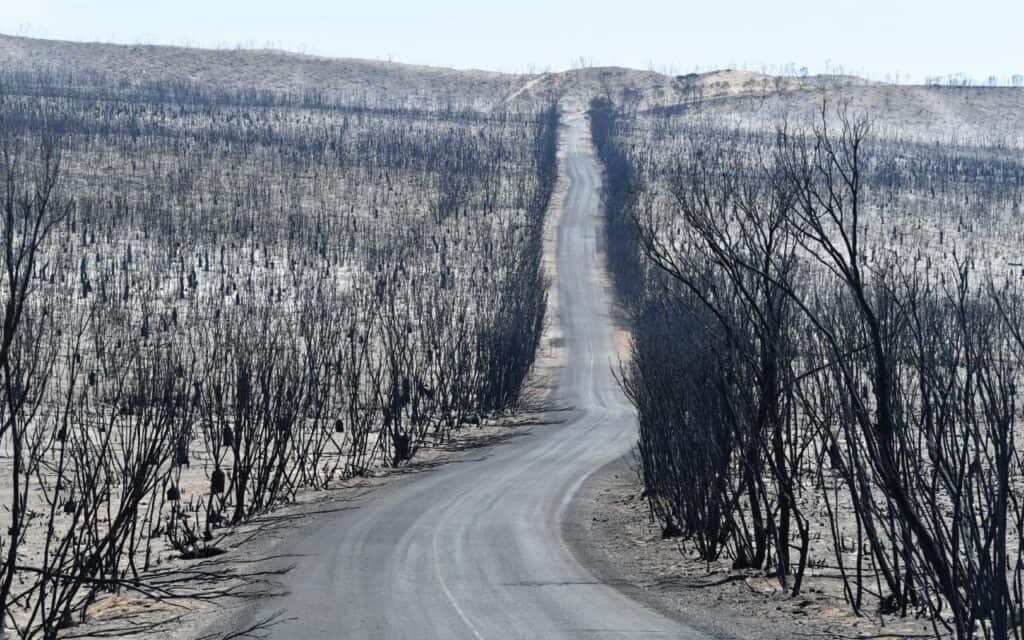
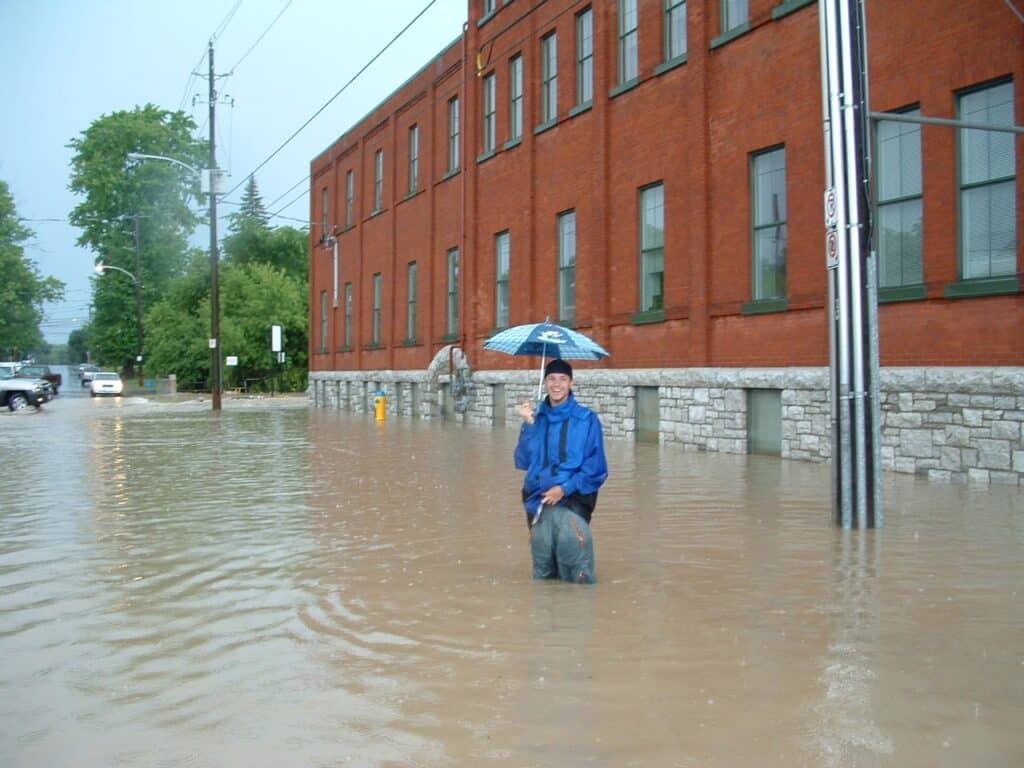
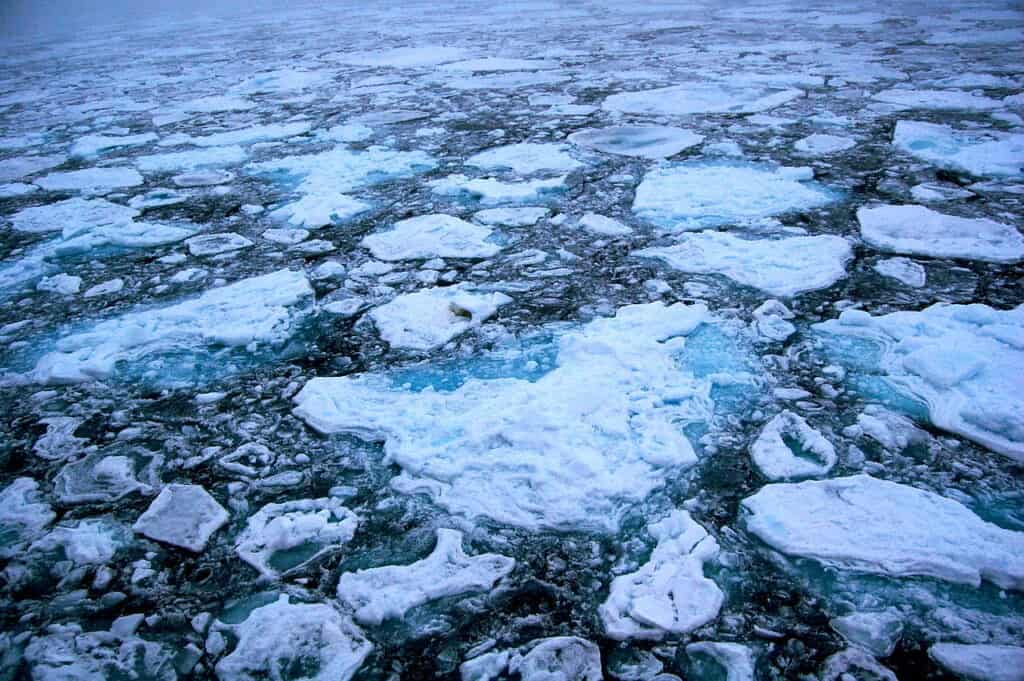
Dissonance
When we think about taking action to address the climate crisis, there is an inherent conflict between what most of us do on a regular basis – drive, eat red meat, fly, lead a high consumption lifestyle – and what we know we should do – reduce all of these behaviours. Consequently, dissonance sets in, which is felt as an inner discomfort.
This helps to explain comments like change is too challenging or speaking out feels hypocritical given the lifestyle so many of enjoy. People don’t want to “talk the talk” if they aren’t “walking the walk”. Connected to this is the fear of conflict when discussing this issue on social media or with friends and family.
Quotes:
- “I find it hard to understand why so many people, including my children and grandchildren, seem much less concerned than I am.”
- “If people feel that they are going to have to give up some of the lifestyle comforts they enjoy, they begin looking for alternative opinions.”
- “Most, or all, of us are carbon pirates (given our high-carbon lifestyles). Being noisy about climate change and carbon emissions may seem like hypocrisy to some people.”
- “People choose comfort and convenience over change.”
- “It’s seen by most folks as a ‘downer’. Thus, I would never bring it up with my siblings. I just don’t think it would be a comfortable discussion.”
- “It’s really hard to have a tough conversation publicly for fear of judgement and backlash.”



Denial and downplaying
For some, the uncomfortable feeling of dissonance makes them turn to denial, downplaying the threat, or simply believing everything will work out fine (optimism bias). Connected to this is the argument that Canada is only a small emitter of greenhouse gases when compared to other countries. Hence, the rationalization that taking aggressive action wouldn’t change anything anyway. It’s important to remember, however, that Canadians are among the highest emitters in the world on a per capita basis.
For others – maybe most of us – we simply avoid thinking or talking about the issue, largely because we feel powerless to make a difference. We therefore take refuge in leading a kind of “double-life”, both knowing the science but shutting it out.
Quotes:
- “We don’t even have a basic concept of the cycles of our planet. Earth is 4.5 billion years old, and we only have 50 years of reliable data.”
- “The climate is always changing. And the change can be rapid.”
- “Why would people believe the scientists on climate change, if they can’t even get simple face masks right.”
- “I’m confident that human ingenuity can deal with climate change if it becomes real.”
- “My personal opinion is that a lot of people in the Western world, even those who are educated on this issue, are affected by optimism bias, because they have been fortunate not to experience natural catastrophes in their lifetime.”
- “Because Canada – an oil producing nation – only creates about 2% of the world’s greenhouse gas emissions, some may question lowering our quality of life while China carries on unabated.”
Distance
For many people, climate change is seen as something far away in space and time. When we hear about the loss of Arctic summer sea ice, it might be disturbing, but we struggle to see any bearing on day-to-day life. Simply stated, people don’t recognize it in their lives here and now.
Quotes:
- “I think the main reason is that climate change is abstract. When you say, ‘bird,’ I have a visceral experience immediately. When you say, ‘climate change’, I just hear words.”
- “There is no immediacy.”
- “People have more exigent issues in their lives, and climate change can wait for another day.”
iDentity
Cultural, political, and even religious identity can override the facts. For some conservative-minded people, climate solutions in the form of more laws, regulations, and taxes like a price on carbon are anathema to who they are. Taking action would therefore go against their core beliefs and ideology.
Quotes:
- “I just hate paying taxes to the ultra rich each time I’m being told I’m about to die (from the latest crisis).”
- “In light of my faith, I do not fear climate change in the same way that those without faith do. ”
- “This earth and the many things in God’s creation that I get so much joy from will not end but will in fact be restored to their original greatness (by God).”
I want to extend a huge thank you to everyone who took time to share their thoughts. As for the recurring question, “What can I do? I’m just one person,” groups like “For Our Grandchildren” have some answers. Go to https://forourgrandchildren.ca/ and click on the ACTION button.